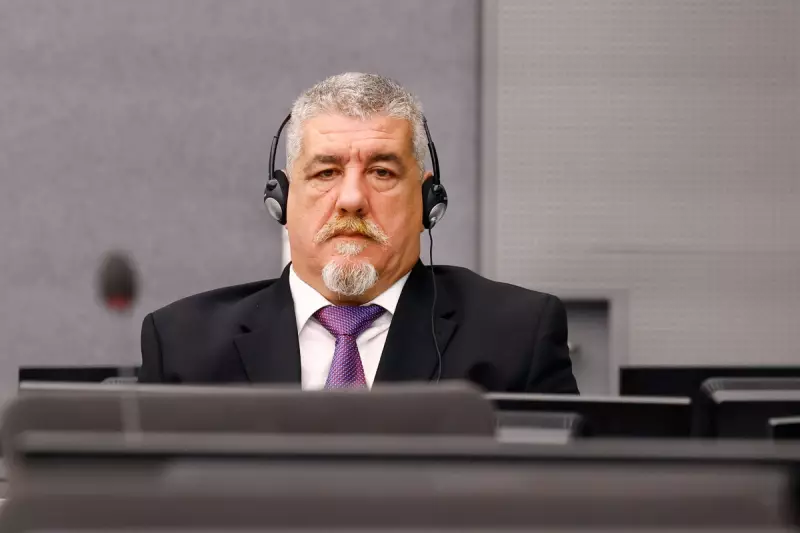
The political landscape in the Balkans has been reignited as former Kosovo President Hashim Thaçi prepares to face trial for alleged war crimes during the 1998-1999 conflict. A damning report from the Council of Europe has brought fresh scrutiny to the region's turbulent past.
Council of Europe Report Fuels Diplomatic Tensions
The long-awaited document from the Strasbourg-based human rights organisation alleges serious violations by Thaçi and other former leaders of the Kosovo Liberation Army (KLA). The findings have immediately strained relations between Pristina and Belgrade, with Serbian officials calling for international action.
Thaçi's Controversial Legacy
Once hailed as a liberation hero, Thaçi now faces potential prosecution at the Kosovo Specialist Chambers in The Hague. The 54-year-old politician, who resigned in 2020 after the initial indictment, maintains his innocence, claiming the charges are politically motivated.
Regional Implications
Analysts warn the developments could derail ongoing EU-mediated normalization talks between Kosovo and Serbia. The timing proves particularly sensitive as both nations continue their delicate path toward European integration.
What the Report Reveals
The Council of Europe's findings include:
- Allegations of war crimes against ethnic Serbs and political opponents
- Claims of organ trafficking networks operating in the aftermath of the conflict
- Evidence of systematic abuse by KLA factions
International observers are closely monitoring how Kosovo's current government will respond to these explosive allegations while maintaining stability in the young nation.





